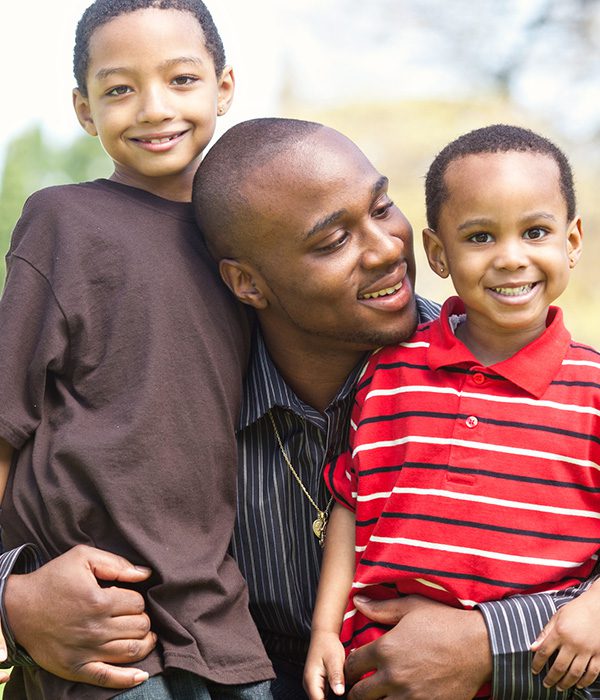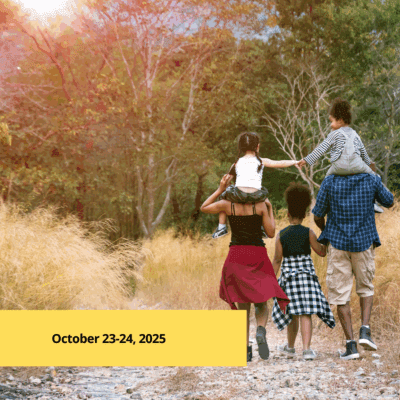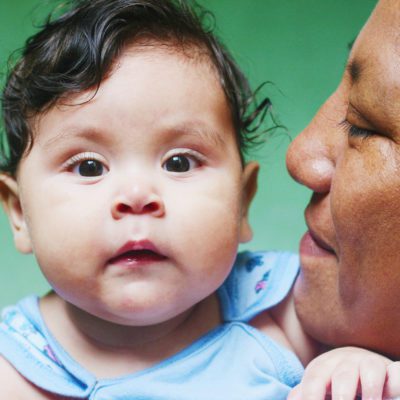Description
Historic trauma, as a result of colonialism, slavery and oppression, is passed on to future generations and impacts entire communities. Efforts to address this disparity may be ineffective if there is a failure to acknowledge the impact of racism, historic and present-day, and the resulting trauma. Many individuals can also experience trauma directly or indirectly through prejudice and race-based violence.
In this 2-part training, participants will explore how outcomes for Black youth are impacted by the attitudes and beliefs of service providers and explore systemic racism and underlying barriers experienced by Black children, youth, and families. In addition, you’ll learn how to take actionable steps to address the issues and incorporate change in the workplace.
Learning Outcomes
- Understand the enduring impact of colonialism, slavery and oppression on Black communities in the present day.
- Recognize the longer-term impacts of trauma on health, mental health and behaviour.
- Identify micro-aggressions (micro-insults, micro-assaults, and micro-invalidations), how they are experienced and how they may be re-traumatizing.
- Explore resilience factors and examine the adaptive coping behaviours that may be a response to trauma.
- Recognize power and privilege of service providers in relationship to children & youth and their families.
- Describe actionable steps to address issues of anti-Black racism with youth and families.
- Explore how to incorporate this into your work.
Who Should Attend
This course is recommended for social service providers, teachers, healthcare staff, community workers and anyone working with Black children and youth.
Course Date(s) & Format
There are no scheduled dates for this course at this time, however in-service is available.
This is a 6-hour training. This course consists of two 3-hour interactive virtual sessions using Zoom.
Instructor: Charmaine Lane M.Sc., RP
Charmaine is a registered Psychotherapist, a Professor at Humber and Durham College and a Consultant on issues of Racial Trauma and its effects on youth and families. She works from an anti-racism, anti-oppressive framework and is aware that no two individuals and no two situations are the same.
Charmaine is an advocate for Young People of color and has rallied on their behalf and is experienced in Trauma and how it affects Racialized Youths and most specifically youth of African descent. She is Co-Founder of Millan and Associates (past), an organization dedicated to the Reunification of Black Children in Care with their families, an associate of Balanced Living Message and Wellness Centre, a Trainer for SafeGuards and an Equity in Child Welfare Trainer for The Ontario Association of Children’s Aid Societies.
Charmaine has worked in a number of sectors including: children’s mental health, child welfare and violence against women and has been able to connect the experiences from child welfare with children’s mental health giving her a rich overview from a psychosocial perspective. She has a wealth of experience in the areas of assessment and testing, individual and group counselling, addiction and mental health, trauma, and providing both short and long term interventions.
Training Fee
Group Registration: Save 20% off individual fees with a group registration of 4 or more participants. Download the group registration form HERE.
Continuing Education Information
Licensing boards and professional organizations will grant Continuing Education credits for attendance at their discretion when participants submit the course outline and certificate.
In-Service
This is available as an in-person or virtual in-service training and customized to suit your needs.



